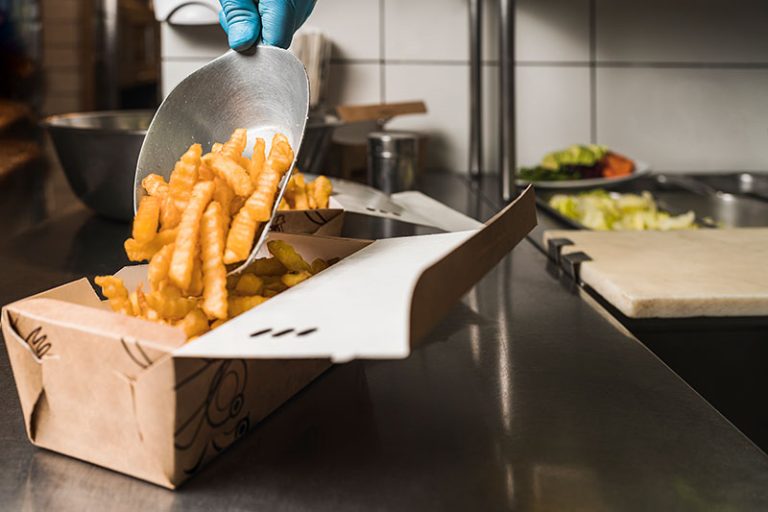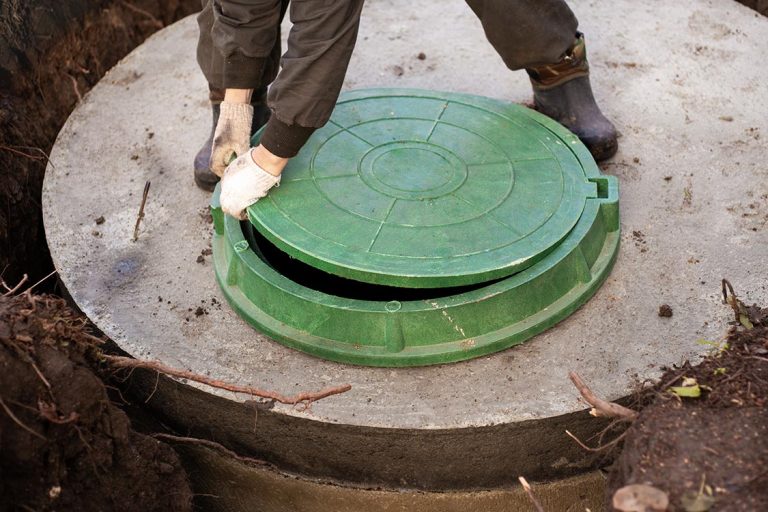Sustainable Restaurant Practices: The Role of Used Cooking Oil Recycling in Your Green Initiative
Consumers today are more environmentally conscious than ever. Let’s dive into why sustainability matters—and how used cooking oil recycling can be a game-changer for your restaurant’s green initiatives.
Sustainability isn’t just about reducing waste; it’s about building a brand that attracts eco-conscious diners, reduces operational costs, and complies with evolving regulations. Used cooking oil, when properly recycled, can be transformed into biodiesel, industrial lubricants, and even animal feed—offering both environmental and financial benefits.
Here’s how integrating cooking oil recycling into your restaurant’s sustainability strategy can set you apart from the competition.
The Environmental Impact of Used Cooking Oil
Restaurants generate millions of gallons of used cooking oil annually. Without proper disposal, this waste becomes an environmental hazard. Here’s what happens when cooking oil is improperly discarded:
- Water Pollution – Dumped oil contaminates rivers, lakes, and oceans, harming aquatic life.
- Fatbergs & Sewage Blockages – When oil is poured down drains, it solidifies and clogs city sewer systems, leading to expensive municipal repairs.
- Greenhouse Gas Emissions – Improper disposal contributes to methane and carbon emissions, accelerating climate change.
By recycling used cooking oil, restaurants reduce their environmental footprint while supporting cleaner energy alternatives like biodiesel.
How Used Cooking Oil Recycling Supports Sustainability Goals
Recycling used cooking oil aligns with multiple sustainability goals, including:
✅ Waste Reduction – Keeps oil out of landfills and water systems.
✅ Carbon Footprint Reduction – Repurposing oil into biodiesel cuts reliance on fossil fuels.
✅ Renewable Energy Support – Restaurants contribute to the production of cleaner energy sources.
✅ Regulatory Compliance – Meeting local and federal sustainability mandates avoids fines and enhances reputation.
Restaurants that embrace eco-friendly waste management don’t just help the environment—they strengthen their brand, attract new customers, and cut long-term costs.
Turning Waste into a Business Advantage
Sustainable restaurants see significant business benefits beyond environmental responsibility. Here’s how cooking oil recycling enhances profitability:
- Lowers Waste Management Costs
- Instead of paying for waste disposal, restaurants can earn rebates from used cooking oil recycling companies.
- Fewer plumbing issues from grease clogs mean reduced maintenance costs.
- Enhances Brand Reputation
- Consumers are actively seeking eco-conscious businesses.
- Promoting green initiatives attracts a loyal customer base willing to support sustainable dining.
- Meets Government & Industry Regulations
- Many cities now require proper oil disposal and recycling programs.
- Avoiding non-compliance fines saves money and prevents legal issues.
- Attracts Green Business Partnerships
- Sustainable restaurants qualify for grants, certifications, and partnerships with eco-conscious suppliers and organizations.
By turning grease recycling into a profit-generating sustainability initiative, restaurants cut costs while enhancing customer loyalty.
How to Implement a Cooking Oil Recycling Program
A structured oil recycling system is key to a successful restaurant sustainability strategy. Here’s how to do it:
1. Partner with a Certified Grease Collection Service
- Work with a licensed and insured provider like Longview Environmental.
- Ensure they offer transparent, trackable collection and responsible disposal.
2. Train Staff on Proper Oil Handling
- Educate employees on how to properly store and separate used oil.
- Prevent cross-contamination with water or food particles to maintain oil quality.
3. Set Up Secure Oil Storage Solutions
- Use lockable, spill-proof containers to prevent theft and leaks.
- Ensure storage areas are clean, accessible, and regularly monitored.
4. Track & Optimize Recycling Performance
- Keep logs of oil output and rebate earnings to measure effectiveness.
- Use reporting tools from your grease collection provider to analyze trends and optimize pickups.
5. Promote Your Sustainability Efforts
- Highlight cooking oil recycling on your website, social media, and menus.
- Join green certification programs like LEED or Green Restaurant Association to build credibility.
A well-executed recycling program ensures seamless waste management and maximized sustainability impact.
How Customers Perceive Sustainable Restaurants
Eco-conscious dining is no longer a niche trend—it’s a major consumer expectation.
- 73% of consumers say they are more likely to visit restaurants with sustainable practices.
- Businesses with sustainability initiatives experience a 5-20% increase in customer loyalty.
- Eco-friendly restaurants stand out in a competitive market and attract positive media attention.
Restaurants that actively promote their sustainability efforts benefit from increased foot traffic, higher sales, and long-term brand loyalty.
The Future of Sustainable Restaurants & Grease Recycling
The restaurant industry is moving toward zero-waste kitchens and circular economy models. Here’s what to expect:
- Stricter Waste Regulations – Governments are tightening laws on grease disposal, making recycling mandatory in many regions.
- Advancements in Grease-to-Energy Technology – Used cooking oil will be further optimized for biofuel production.
- Increased Consumer Demand for Sustainable Dining – Customers will favor businesses that prioritize sustainability in operations.
- Expansion of Green Certification Programs – More restaurants will seek eco-labels and sustainability awards to stand out.
Restaurants that adapt to these trends early will stay ahead of regulations, increase profitability, and attract a loyal customer base.
Make Sustainability a Core Part of Your Restaurant’s Business Strategy
Used cooking oil recycling isn’t just about waste disposal—it’s a strategic business move that:
✅ Reduces operational costs & waste
✅ Enhances brand reputation & attracts eco-conscious customers
✅ Generates additional revenue from oil rebates
✅ Ensures regulatory compliance & prevents fines
✅ Supports renewable energy initiatives
Sustainability is the future of the restaurant industry, and proper grease recycling is a crucial part of the equation.
Don’t let your used cooking oil go to waste—turn it into a powerful sustainability advantage. Contact Longview Environmental today to implement a customized oil recycling program for your restaurant!








